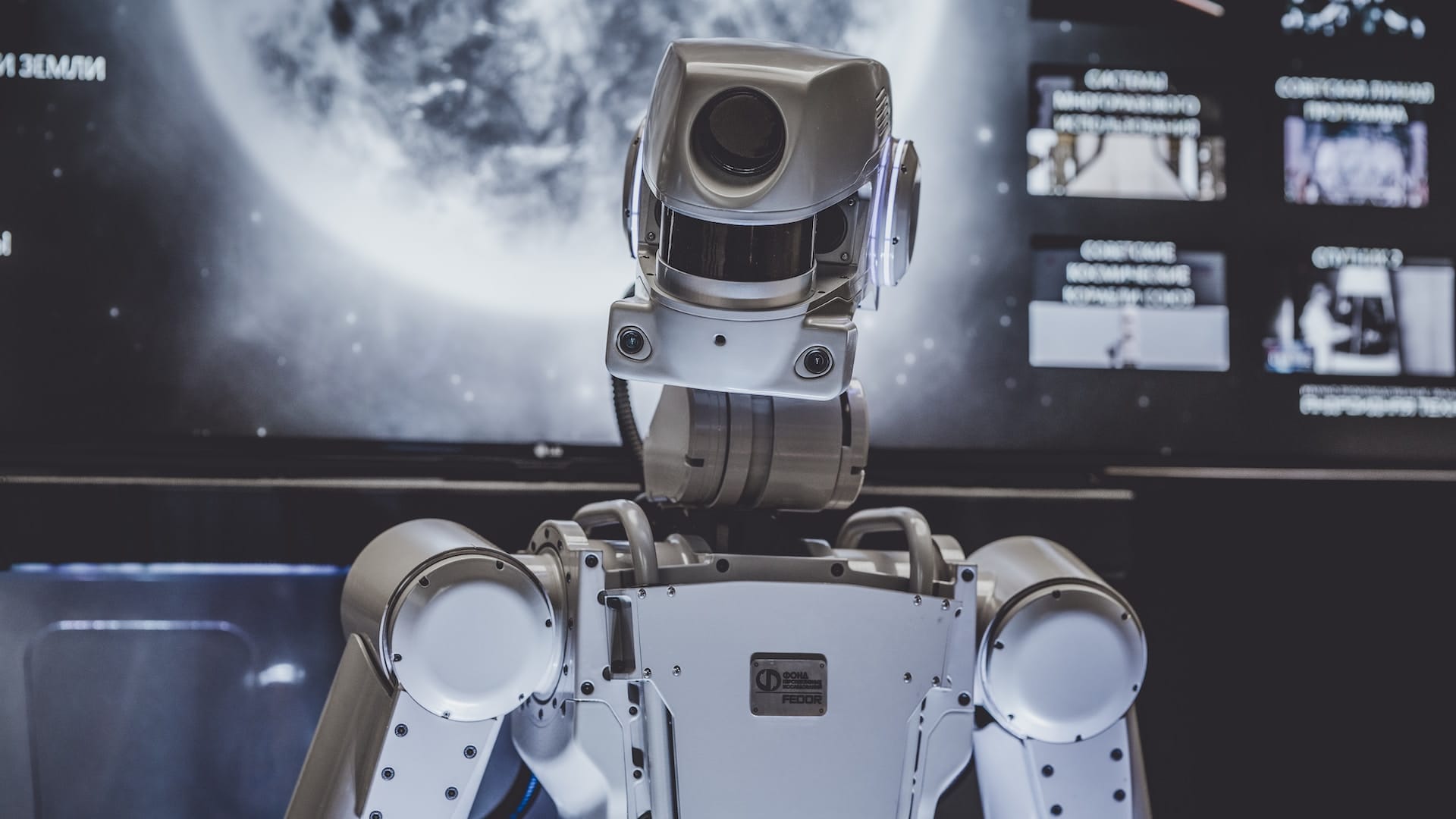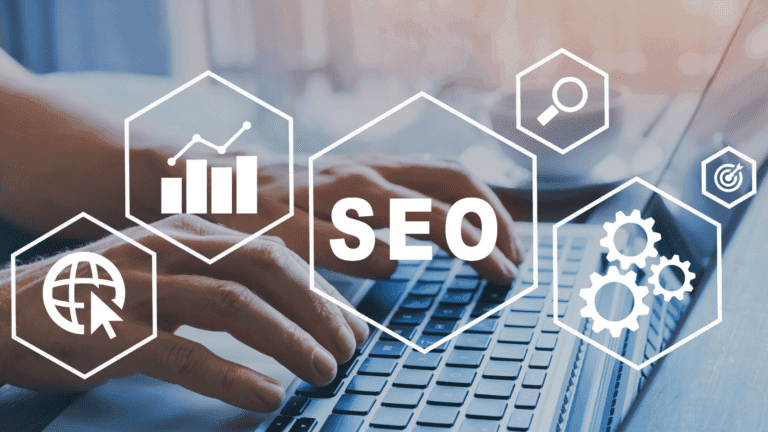From Sci-fi to Reality: The Mind-Blowing World of Artificial Intelligence
Artificial Intelligence (AI) is no longer just a buzzword from science fiction movies, but instead, it is becoming a reality in our modern world. In recent years, AI has been making leaps and bounds in technological advancements, with the potential to transform various industries and sectors. From chatbots to self-driving cars, AI has already shown its transformative power in many areas. But with the increasing use of AI, there come certain challenges and ethical concerns that need to be addressed. In this article, we will explore the amazing world of AI, including its fundamentals, areas of application, benefits, and limitations, as well as the potential risks and ethical considerations.
Introduction: From Fiction to Reality
Artificial Intelligence (AI) has fascinated people for decades, thanks in part to the world of science fiction. Films like Blade Runner, The Terminator, and The Matrix portrayed a world where machines and humans shared a complex and, often, combative relationship. But while many of these films were purely fiction, the influence of science fiction on the development of AI technology cannot be denied. Today, we see AI in our daily lives, and it’s changing the way we work, live, and interact with machines.
The Influence of Sci-fi on AI
Sci-fi has played a considerable influence in how people view AI. From the classic HAL 9000 in 2001: A Space Odyssey to Samantha in Her, the notion of machines developing human-like intelligence and emotions is both intriguing and unsettling. These stories have served to spur scientific inquiry into the possibilities of AI and its potential. Even the concept of virtual assistants, like Siri and Alexa, can be traced back to Star Trek: The Next Generation’s Lt. Commander Data, who could access an enormous amount of information with a simple voice command.
The Emergence of AI in the Real World
AI is no longer the stuff of science fiction. In recent years, it has become an essential component of modern technology, and many of us interact with AI every day, even if we don’t realize it. AI is used to power recommendation engines that suggest products we might like, to analyze data to improve business processes, and to monitor and optimize manufacturing plants. We’re also seeing the deployment of intelligent systems in healthcare, transportation, and finance. It’s an exciting time for AI, and we’re just scratching the surface of what’s possible.
The Fundamentals of Artificial Intelligence
What is Artificial Intelligence?
AI is a broad field that encompasses several technologies that enable machines to perform tasks that typically require human intelligence. These tasks include learning, problem-solving, decision-making, and perception. AI systems can be trained to recognize patterns, identify objects, and understand natural language.
The Different Types of AI
There are several types of AI, including rule-based systems, evolutionary algorithms, and fuzzy logic systems. However, the most common types of AI are machine learning and deep learning.
Machine Learning
Machine learning is a subset of AI that focuses on building machines that can learn from data. Machine learning algorithms use statistical techniques to identify patterns in data and adapt to new situations. It’s used in applications like image recognition, natural language processing, and predictive analytics.
Deep Learning
Deep learning is a type of machine learning that involves building neural networks that can learn from data. These networks are modeled after the human brain and can be used to analyze complex data like images, sounds, and videos.
Industry and Manufacturing
AI is used in manufacturing to optimize production processes and reduce costs. Robots equipped with AI can perform complex tasks that would be difficult or impossible for humans, such as assembling tiny electronic components or performing delicate surgeries.
Healthcare and Medicine
AI is transforming the healthcare industry by providing new tools for diagnosis and treatment. It’s used to analyze medical images, predict treatment outcomes, and even develop new drugs.
Transportation and Autonomous Vehicles
Autonomous vehicles, such as self-driving cars and drones, rely on AI to make decisions in real-time. AI can analyze data from sensors and cameras to identify obstacles, plan routes, and avoid collisions.
Finance and Banking
AI is used in finance and banking to analyze large data sets and detect fraudulent activities. It’s also used to improve customer service by providing personalized recommendations and automating routine tasks.
The Advantages and Limitations of AI
The Benefits of AI
AI has the potential to transform industries and change the way we live and work. It can improve efficiency, accuracy, and productivity, leading to significant cost savings. It can also create new jobs and industries, and improve the quality of life for individuals.
The Challenges of AI
Despite the benefits of AI, there are several challenges that need to be addressed. One major challenge is ensuring that AI systems are transparent and accountable. AI algorithms are often black boxes, making it difficult to understand how they arrive at their decisions. There is also a risk that AI could exacerbate social and economic inequalities, and there are concerns around job displacement as machines take over tasks previously performed by humans.
The Risks Involved with AI
The risks involved with AI include the potential misuse of autonomous weapons, loss of personal privacy, and the inability to control AI systems. There is also the risk of AI becoming too intelligent or too powerful, which could pose a threat to humanity if it’s not carefully managed. As AI technology continues to advance, it’s essential that we take a balanced approach to its development and deployment, considering both the benefits and risks.The Ethics of AI: Balancing Benefits and Risks
The field of artificial intelligence (AI) has made remarkable advancements over the years, leading to the creation of machines that can perceive, reason, learn and act independently. While these achievements have brought immense benefits to society, they have also sparked concerns about the ethical implications of AI.
The Importance of Ethical Considerations
AI systems can have profound impacts on people’s lives, whether through job automation, healthcare, or criminal justice. Thus, it is essential to consider the ethical implications associated with the development and deployment of AI. Ethical considerations ensure that AI serves the greater good of society, while minimizing potential harms.
The Concerns Surrounding AI Ethics
There are significant concerns about the ethical implications of AI, including the possibility of AI systems displaying bias or discrimination, transparency in decision-making, and the potential loss of privacy. It is essential to address such ethical challenges to ensure that the benefits of AI are enjoyed by everyone, irrespective of social or economic status.
The Need for Transparency and Accountability
To address the ethical challenges facing AI, transparency and accountability are crucial. Developers must be transparent in their algorithms and decision-making processes to prevent biases and discrimination. Additionally, there should be accountability mechanisms in place for when AI systems malfunction or cause harm to humans.
The Future of AI: Possibilities and Uncertainties
As AI continues to advance, the possibilities are endless. However, uncertainty lingers about the future of AI, its impact on the workforce, and the ethical implications of its continued development.
The Potential of AI for Advancements
AI has the potential to revolutionize different areas of human endeavour, from medicine to transportation to space exploration. Machines can process vast amounts of data, make predictions, and learn from their experiences, leading to transformative breakthroughs.
The Possible Risks and Disruptions
Despite its potential benefits, AI also poses significant risks and disruptions. Job automation, while allowing for greater efficiency, may lead to significant job losses, especially in sectors that can be easily automated. Additionally, there is the potential for cyber attacks and the misuse of AI technology for malicious purposes.
The Debate Over the Future of AI
There is an ongoing debate over the future of AI, including its role in society and how it should be regulated. Some argue that AI should be developed with a focus on human values and ethical considerations, while others propose that AI should be developed without limitations, leading to more profound breakthroughs.
Conclusion: Embracing the Power of AI
The development of AI technology presents both opportunities and challenges for society. While it is essential to recognize and address the ethical implications of AI, we must also embrace its power and potential.
The Positive Impact of AI on Society
AI has the potential to bring immense benefits to society, including increased efficiency, improved healthcare, and a better quality of life. By embracing AI, we can harness its power to create a better future for ourselves and future generations.
Embracing Responsible AI Development
To fully realize the potential of AI, we must approach its development with responsible practices, such as ensuring ethical considerations, transparency, and accountability. By embracing responsible AI development, we can ensure that AI serves the greater good of society, while minimizing potential harms.
The Promising Future of AI
The future of AI is promising, with vast possibilities for innovations and advancements in various aspects of human endeavour. By embracing AI and its potential, we can create a better future for ourselves and the world at large.In conclusion, AI is a powerful tool that has the potential to revolutionize many areas of our lives. However, it is important to keep in mind the ethical considerations and potential risks associated with AI development. By embracing responsible AI development and usage, we can harness the power of AI for the betterment of society. As we continue to advance, the future of AI is bright, and we’re excited to see how it will continue to shape the world we live in.
Frequently Asked Questions (FAQ)
What is artificial intelligence (AI)?
AI refers to the development of intelligent computer systems that can perform tasks that typically require human intelligence, such as visual perception, speech recognition, decision-making, and language translation. It involves the creation of algorithms and models that can learn from data and improve performance over time.
What are the areas of application for AI?
AI has many applications across various industries, including healthcare, finance, transportation, manufacturing, and more. Examples include chatbots and virtual assistants, self-driving cars, medical diagnosis and treatment, fraud detection in banking, and predictive maintenance in industrial settings.
What are the potential risks and ethical concerns surrounding AI?
Some of the potential risks and ethical concerns associated with AI include job displacement, bias and discrimination, loss of privacy, and the possibility of AI systems becoming uncontrollable or making decisions that conflict with human values. It is important to address these concerns and develop responsible AI frameworks to ensure that AI is developed and used in an ethical and beneficial manner.
What is the future of AI?
The future of AI is promising, with the potential for continued advancements in areas such as natural language processing, robotics, and quantum computing. While there are risks and uncertainties associated with AI, the potential benefits are significant, including improved efficiency, increased accuracy, and the ability to solve complex problems. As AI continues to evolve, we can expect to see it play an increasingly important role in our daily lives.








